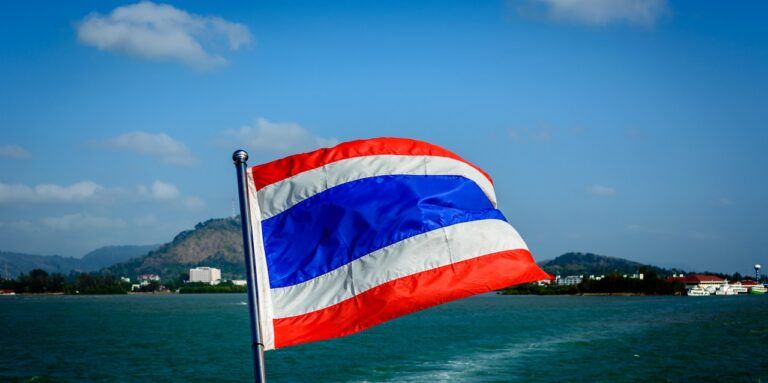Thailand’s central bank recently issued a statement regarding the fraud case involving Jiratpisit Jaravijit, a Thai actor who allegedly swindled a Finnish investor out of $24 million in Bitcoin (BTC). The nation’s central financial institution, Bank of Thailand (BoT), clarified that although the fraud was a serious crime, it did not occur “during crypto trading.”
Veerathai Santiprabhob, the governor of BoT, noted that the bitcoin scam was a case where “the money is used for the wrong purpose.” The high-profile fraud case is now being investigated by Thailand’s Crime Suspension Division (CSD) as eight suspects including Jaravijit, his family members, two local businessman, and an ex-military officer were interrogated by the authorities on Thursday.
Major Banks “Complicit” In Bitcoin Fraud
According to local news reports, Thailand’s three major banks including Kasikornbank, Bangkok Bank, and Siam Commercial Bank “are suspected of being complicit” in the bitcoin fraud case. A “whale” investor named Prasit Srisuwan, who works at the Stock Exchange of Thailand (SET), might also have been involved in the scam, media sources noted.
Additionally, CSD’s investigation revealed that the whale investor and the banks “handled transactions involving part of the swindled money.” Local authorities added that several employees working at the banks did not report many transactions of over 2 million baht ($61,000).
Failure to report such transactions is a major violation of Thailand’s anti-money laundering laws, the the Bangkok post noted. Despite the serious nature of this recent bitcoin fraud, Thailand’s government considers it to be a case mainly involving the “misuse of money” and not necessarily related to its local crypto industry.
Progressive Crypto Regulations
As CryptoGlobe reported, Thailand’s Securities and Exchange Commission (SEC) legalized seven cryptocurrencies in June for initial coin offerings (ICOs). They include Bitcoin (BTC), Bitcoin Cash (BCH), Ethereum (ETH), Ethereum Classic (ETC), Litecoin (LTC), Stellar (XLM), and Ripple (XRP).
Additionally, Thailand’s SEC gave the green light to seven local crypto companies, which included five digital currency exchanges, to conduct business operations in the country. At present, the nation’s regulators are in the process of reviewing various other crypto-related applications.
More recently, as CryptoGlobe reported on August 5th, the BoT authorized all local banks to launch subsidiaries, which may provide certain banking services to digital currency investors. These services include offering brokerage services to crypto firms and investing in blockchain startups. The banks’ subsidiaries were also authorized to operate their own crypto businesses.









